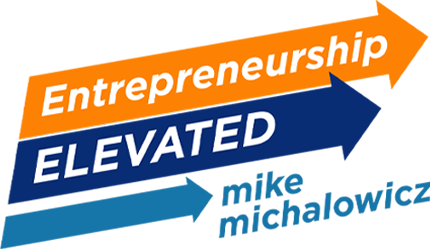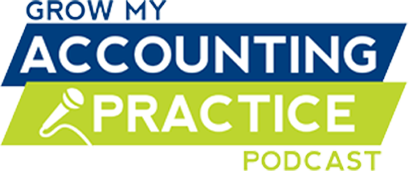Taxes can be intimidating and overwhelming for business owners – but they don’t have to be. As an entrepreneur, you need to understand the different types of taxes and how to deal with them.
First, you need to differentiate the types of taxes that may affect your business. Depending on the type of business you own, you may be subject to income taxes, payroll taxes, self-employment taxes, or other taxes. You’ll also need to know how to file your taxes and when you’re required to make payments.
Once you know the types of taxes you’re required to pay, you need to figure out how to pay them. You may be able to pay them online, by mail, or in person. You should also look into tax deductions that can help reduce your tax bill. Business expenses, such as office supplies and travel expenses, may be deductible.
Finally, you need to know how to stay on top of your taxes. This means setting up a system for tracking income and expenses, making sure you file your taxes on time and paying taxes when they’re due. If you’re not sure about any aspect of taxes, you should consult a professional.
We asked Profit First Lead Billie Anne Grigg, what key points we should emphasize around taxes. Here’s what she wants you to know.
- Paying taxes is actually a GOOD thing. It is proof that your business is profitable. Paying taxes is only problematic if you don’t have the cash on hand to pay them. That’s where Profit First comes in. The Profit First system helps you proactively set aside money to pay your taxes, so you don’t have to dread tax day anymore.
- Profit First recommends setting aside 15% of your Real Revenue (Total Revenue minus Materials and Subcontractors costs) for taxes. If your tax professional is not a Profit First Professional, they might tell you 15% isn’t enough. Why? Because your tax professional is looking at the “bottom line” on your Profit and Loss statement, or your “profit on paper” after all business expenses have been deducted. But you probably don’t run your business based on your Profit and Loss statement. Because the Profit First system deals with real cash money as it is received, you can set aside a smaller percentage than your tax professional recommends and still have enough money to pay your tax liability.
- Following Profit First and creating a tax account does NOT negate the need to work with a tax professional. A qualified tax professional can help you legally reduce your tax liability with strategies that allow most of your cash to stay with your business (or flow through to you, the business owner.) Beware of tax professionals whose primary strategy is running up expenses to avoid paying taxes. (This can be another good place to plug working with a PFP.)
- Keep in mind that you and your tax professional speak two dialects of the same language. When you say Profit, you mean cash in the bank. Your tax professional means the bottom line on your Profit and Loss statement. When you say Owner’s Pay, you mean the money you have set aside in your Owner’s Comp account. Your tax professional means wages paid to you through payroll; they look at your distributions differently. When you say OpEx, you mean all the money you’ve paid out of your business, including items that end up on your Balance Sheet. Your tax professional means only tax-deductible expenses on your P&L. You can overcome these dialectical differences by working with a Profit First Professional tax professional.
Taxes don’t have to be overwhelming. With the right knowledge and organization, you can make sure you’re paying the right amount of taxes and staying on top of them throughout the year.
Wishing you good health and wealth always.
-Mike
PS – For more tax guidance and free, downloadable resources to help you ensure the health of your business, CLICK HERE. PSST! – The Profit First Instant Assessment has a tax section!
Wait! One more thing! Are the kids in your life financially literate? Start by reading My Money Bunnies with the younger kiddos. There are free downloadable resources for them here. For kids a little older, download the Profit First For Kids Chore List. Start them young!










